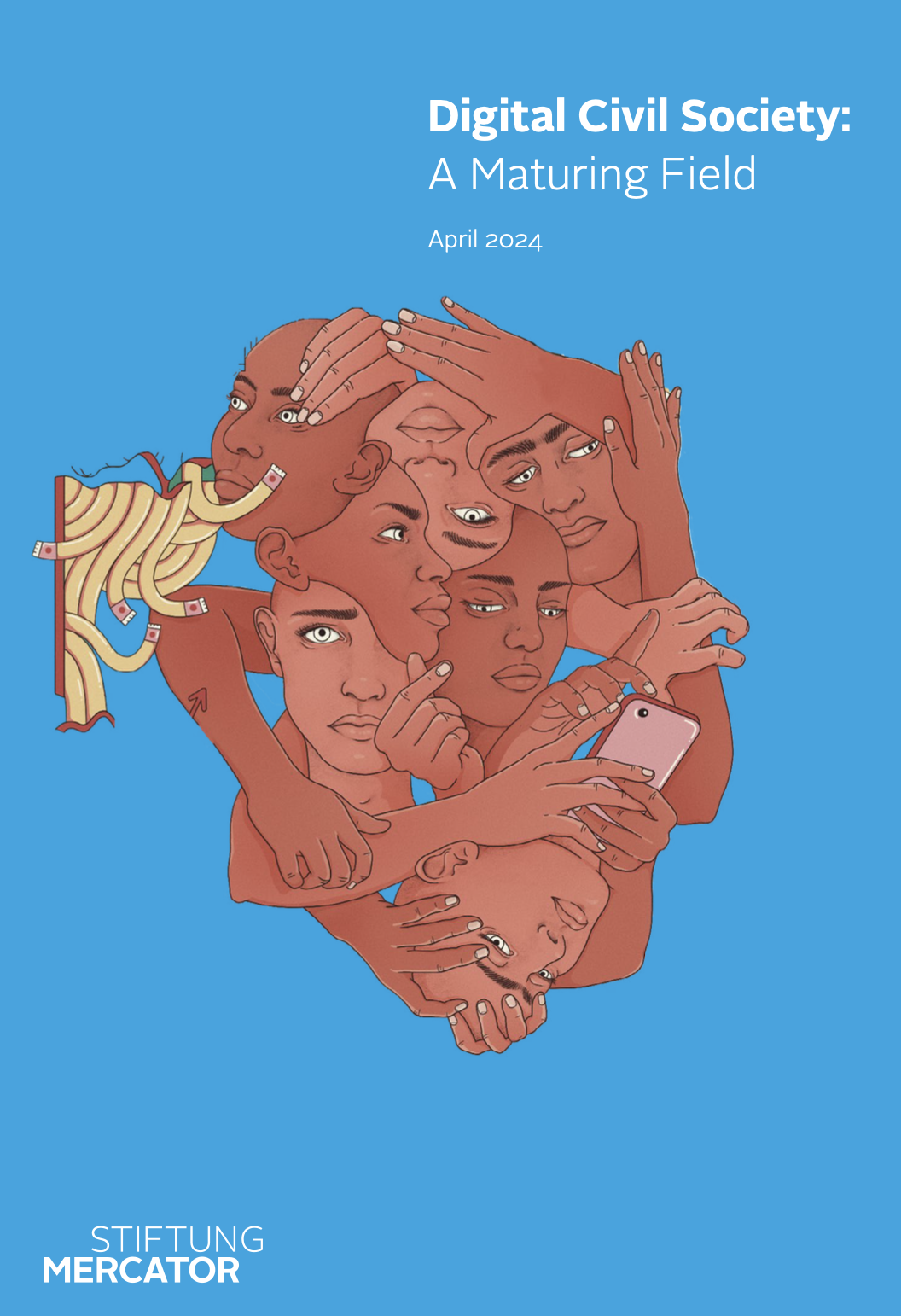The other day I visited Friedrich-Ebert-Stiftung (FES) for a day to give a keynote speech and a workshop for FES stipends at the summer academy. (Full disclosure: paid gig.) For completeness’ sake I’m posting the slides below. In order for them to make sense I’d recommend downloading the file from Slideshare so you can see the notes.
On a side note, I have to say I really enjoyed particularly the discussions with these students. We talked a lot about privacy on social networks and the implications of using these online services. I was surprised on more than one occasion: Not a lot of the participants use smartphones, which may be a budget thing given they’re all still studying. The crowd was much more critical of online social networking than I expected. (There was a strong split in the group, with those seeing chances rather than risks on one side and those highly critical of social networks on the other.)
Two things became very clear, though: (1) Just like German society overall this group had a significant part of online critics (with varying degrees of informed argumentation). (2) All of them are acutely – almost painfully – aware of the role of privacy and how it’s being affected by voluntary participation in online sharing behavior (social networking, Twitter etc), involuntary sharing (government involvement) and commercialization (all major actors are international corporations).
While I wished the overall discourse (on a societal level) about the complex issues of privacy/ownership/control of data online was based on a more informed basis, it’s very clear that we’ll be having this discussion for awhile to come. And that’s good: Keep thinking, discussing, debating. Just please make sure to stay away from panic and fear driven rhetoric as well as hyperbole. And if you happen to encounter such arguments, feel free to drop in some facts and see the fear go away.

